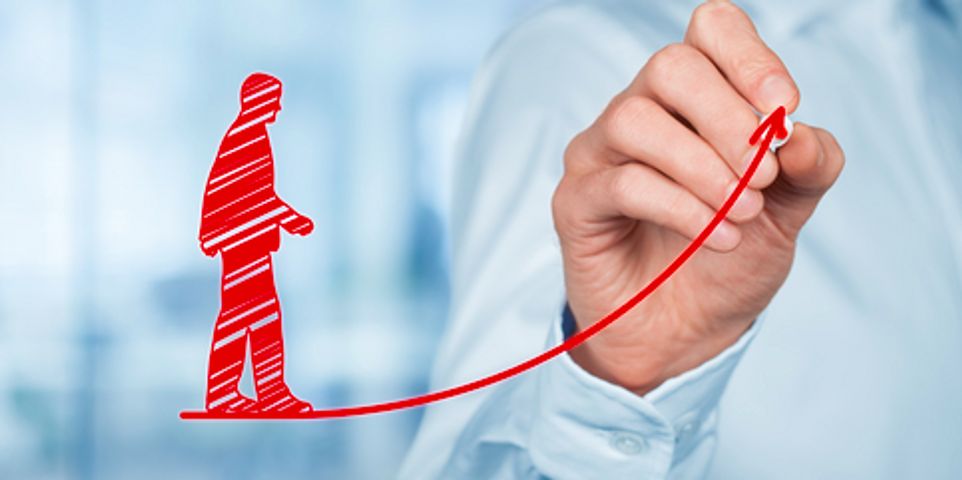How Will You Embrace the New Normal?

The Lockdown has been bad. The New Normal may be worse.
As the pandemic unfolds and the stay-at-home procedures loosen, the “New Normal” will slowly come into view or may smack us over the head. NYC shut down more than 25,000 restaurants and bars as the pandemic hit. Yet, despite a great fondness for eating out, New Yorkers may be slow to return to their favorite haunts, even if servers are wearing masks and gloves. Entering a building or going to a movie may require standing on line to get a quick temperature check. Traveling on subways, trains and buses may mean longer waits to accommodate appropriate spacing. Eating red meat may be a luxury. Shaking hands may be a thing of the past.
Although no one knows what’s going to happen, https://bit.ly/KnowOneKnows, we might get a hint by looking at the experience of European countries or Southern states like South Carolina, Georgia and Tennessee. Reports from the beaches over the Memorial Day weekend will also shed some uneven light on what’s to come. Whatever the changes, the New Normal will be different and potentially unpleasant for a while. Maybe a long while. Some people will pine for what was or should be; others will rail against the bad decisions, here and abroad, which resulted in more pain than needed.
To cope with life as restrictions are lifted, much like coping with life after a bad accident or as we age, it may be helpful to look at how people adjust to new challenges when they learn they have a serious illness. Lynda Wolters, for example, was diagnosed with cancer just after her 49th birthday and wrote of her experience in a book, Voices of Cancer. “Life will never be the same again, even on the smallest of levels, something will be forever different. There is no going back to who you once were, so embrace it and grow from it and with it.” Dr. Wendy Harpham was a mother of three when she was diagnosed with life-threatening lymphoma at the age of 36. In reflecting on her experience, she wrote, “Cancer had splashed ugly streaks across the canvas of my life. It was up to me to fill in the rest. The idea of a ‘new normal’ motivated me to find the best ways to deal with unwanted changes.” https://bit.ly/EmbraceTheNewNormal @JaneBrody.
In recognizing the “new” parts of our experience, there is room to acknowledge changes that we might actually enjoy: more flexibility to work from home, less reliance on cars, more telemedicine, less pollution and, hopefully, a more realistic evaluation of our national policies around healthcare, unemployment, privacy and artificial intelligence, to name just a few. But, this period has been painful, surreal and no doubt leaves us uncertain of what to hope for and expect next.
How we handle the uncertainty and address our resulting stress and anxiety will ultimately determine how we fare, individually and as a group. Those with a resilient and positive mindset will do much better. In fact, numerous studies have shown that optimists have a 14 percent lower risk of premature death than the most pessimistic people. https://bit.ly/UpsidetoPositiveThinking.
Here are a few quick tips on creating or enhancing your resilience:
-
Move your body – Rather than reaching for things that numb you, like alcohol, a bag of chips or your phone, do something every day to get your blood flowing and air in your lungs. It doesn’t have to be exotic or time consuming.
-
Connect with people – Virtual yoga, mindfulness and fitness classes are an easy way to stay connected. Doing these communal events comes naturally to many. If it doesn’t appeal to you or you’re feeling lonely, think more broadly about people you can reach out to. For example, an old high school friend or the sister who lives far away and would love to hear from you. The bar to “connect” with friends and family at this time is low, so take advantage of it. And, remember to say hi to the delivery person or grocery store clerk who helps you out. They may be lonely too.
-
Stretch your mind – Think about what matters to you, take advantage of opportunities, learn something new, listen to podcasts, dance to music, read a good book or volunteer for a cause greater than yourself – these can all help build resilience. The number of people signing up to volunteer in NYC since the beginning of the pandemic has shot up over 285%. Be a part of that wonderful statistic. https://bit.ly/NewStatisticsForTheCity
- Embrace healthy, positive thoughts. Why? Because how you think plays a significant role in how you feel. Start a gratitude practice; it not only helps people keep things in perspective but has been proven to increase well-being and resilience. https://bit.ly/ReducingPTSDRiskPostCovid19 If your stress rises while watching the news, put reasonable limits on how much you watch. We need to know the facts and acknowledge reality, but keeping things in perspective and seeing the silver linings can do a lot to keep us motivated, energized and unstuck while the New Normal takes over.
If you’re feeling resilient or optimistic, great. Take the time to inspire others and don’t look back. If you’re feeling lonely, anxious or are adrift in uncertainty, it might be best to consult with a therapist or coach; the road ahead will be long, full of surprises and require detours. So, the time to act is now.
With over 30 years of experience and a unique ability to help people figure out what they want, Margaret M. Enloe, Esq., a career and executive coach, has guided professionals and individuals through some of life’s most difficult issues and transitions. Whether you’re anxious about the future or thinking about upcoming changes in your life, you can rely on this coach to support you in reaching your goals. Visit her website to learn more about her and make an appointment today by emailing her at me@margaretenloe.com to discuss what’s on your mind.
About the Business
Have a question? Ask the experts!
Send your question

